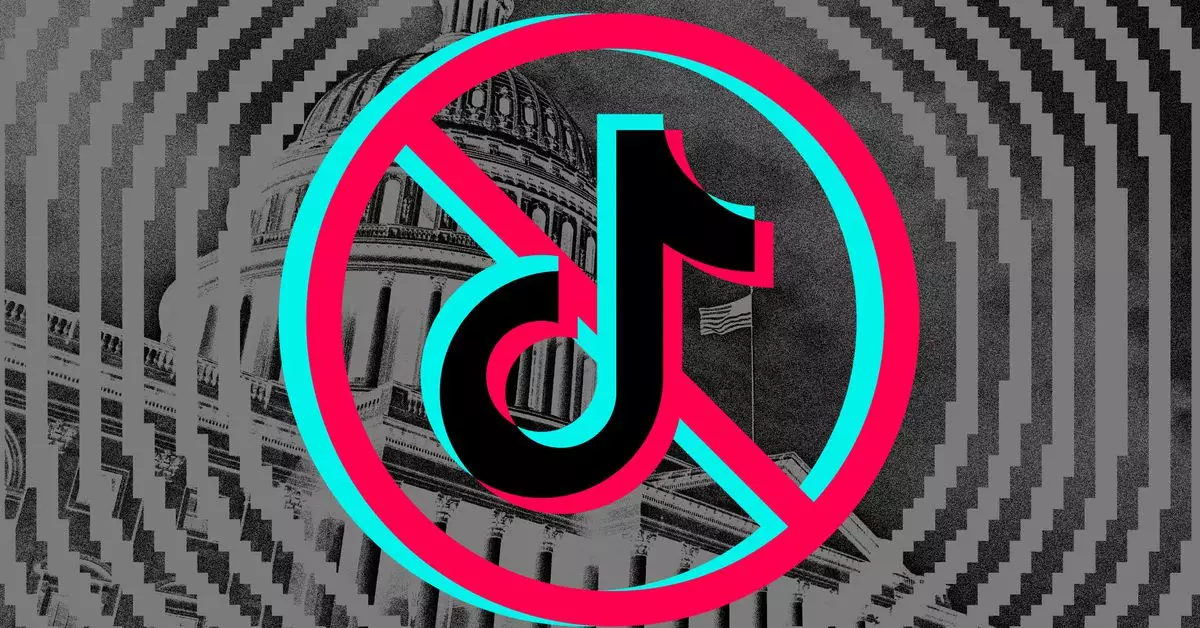The legal battle between eight TikTok creators and the U.S. government revolves around a law that would require the app to be banned unless its Chinese parent company divests it. The creators argue that this law would strip them of their livelihoods and creative outlets, highlighting the impact the ban would have on their freedom of expression. They are challenging the law on First Amendment grounds, questioning the speculative concerns raised by lawmakers and pointing to previous court rulings that have blocked attempts to ban TikTok.
The creators, including individuals like rancher Brian Firebaugh and book reviewer Talia Cadet, emphasize the unique qualities of TikTok as a platform for creativity. They argue that TikTok stands out from other social media platforms due to its recommendation algorithm and features like green screen and duet capabilities, which contribute to its distinct culture and identity. The creators claim that there is no equivalent platform for them to transition to if TikTok were to be banned, citing their significantly lower following on other platforms like Facebook and Instagram.
The creators’ lawsuit focuses on the potential impact on their speech if TikTok is shut down, highlighting their interest in creating and accessing expression through the app’s current editorial practices. They fear that an ownership change, akin to Elon Musk’s takeover of Twitter, could drastically alter the user experience on TikTok. The creators are seeking to convince the court that their First Amendment rights should take precedence over national security concerns and the legislative process that led to the passing of the divestment law.
The case has been filed in the federal Court of Appeals in DC, which has exclusive jurisdiction over challenges to the forced divestment law. The creators are asking the court to declare the law unconstitutional and prevent it from being enforced, arguing that it would irreparably harm their livelihoods and creative outlets. The legal battle underscores the broader debate over the intersection of technology, free speech, and national security, raising important questions about the regulation of social media platforms.
The legal battle between TikTok creators and the U.S. government highlights the complex dynamics at play in the regulation of technology companies. It underscores the challenges of balancing national security concerns with the protection of free speech rights, particularly in the context of global platforms like TikTok. The outcome of this case could have far-reaching implications for tech policy, shaping the legal framework for future disputes between content creators and government authorities.
The legal battle between TikTok creators and the U.S. government raises important questions about the limits of governmental authority in regulating social media platforms. It highlights the tension between national security interests and free speech rights, underscoring the need for a nuanced and balanced approach to tech policy. The outcome of this case will have significant implications for the future of online expression and the regulation of digital platforms.


Leave a Reply